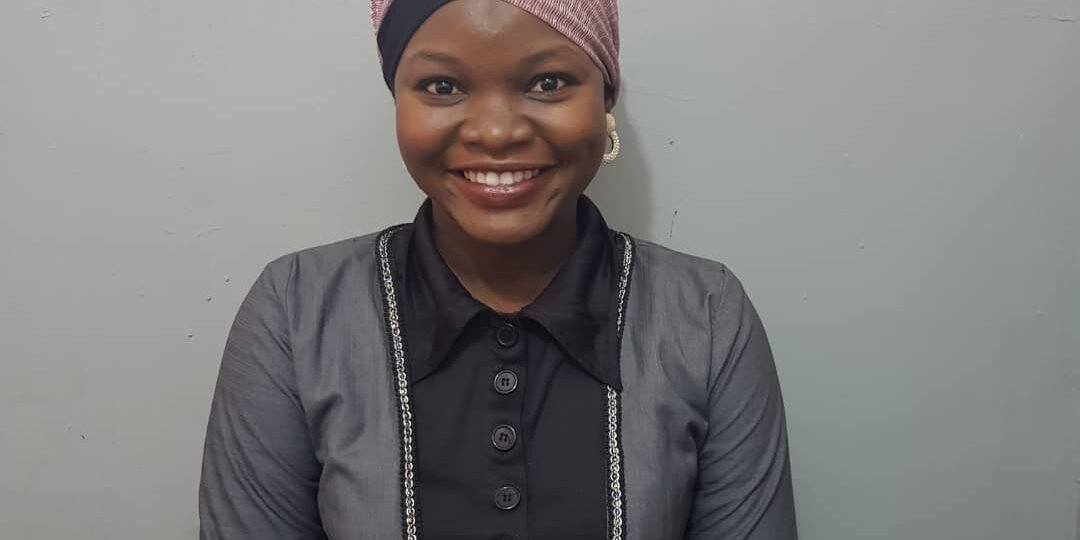Did you know that every year, Ghanaians generate nearly a million tonnes of plastic waste, which is roughly 40 times the weight of the Statue of Liberty!
Let that sink in for a moment.
What is even more shocking is the fact that only about 2 to 5% of it is recycled successfully. Many parts of the country lack the necessary infrastructure for properly disposing of plastic waste. Marine and coastal Plastic pollution is a major issue here. Despite the fact that trash management facilities exist, they are insufficient to deal with the country’s garbage production, and rubbish is dumped on beaches and into the ocean. Furthermore, waste plastic does not dissolve; rather, it breaks down into smaller pieces, leaving microscopic, poisonous particles for aquatic organisms to consume.
Plastic pollution is an issue since it doesn’t go away: “plastics are everlasting.” The United Nations Development Programme (UNDP)has emphasized the urgent need for waste management and plastic pollution to be addressed in Ghana.
Ubaida says, Recycle-Up Ghana!
Meet Ubaida Sanda, a 26-year-old Global Changemaker Fellow who is trying to combat the threat of plastic pollution. The Global Changemaker Fellowship is a ten-month advancement program provided by the Connecting Dreams Foundation, India. It is designed to connect and cultivate a pipeline of Social Change Leaders who are committed to addressing issues in their communities.
After graduating in MSc Finance and Investment, Ubaida decided to step out into the world of social entrepreneurship. She has proposed several long-term strategies to help her country reduce its plastic footprint. Her work in Ghana focuses on minimizing plastic pollution, sensitizing and campaigning for her community members about the dangers of plastic pollution, and creating a market for environmentally friendly, biodegradable packaging alternatives to single-use plastics.
Just like the rest of Ghana, plastic overconsumption and mismanagement of plastic waste is a growing menace in her community as well. Surprisingly, discarded packaging accounts for about 40% of all the waste. What they are mainly failing at is utilizing plastic effectively and sustainably. Ubaida’s vision mainly focuses on sustainable packaging alternatives to traditional plastic packaging. Many alternatives to plastic projects have already been developed and are ready to use, or are in the works, she says.
Ubaida has been unwavering in her opposition to plastic pollution. Based on her experience over the years, here are a few recommendations on how to make a meaningful difference:
Marshal the youth.
According to Ubaida, spreading awareness has been a crucial component of her work. We must understand the importance of education and that change begins in the classroom. “How can we be an active part of the solution if the younger generation is unaware of the problem?”, she says.
Her greatest frustration as a young changemaker is the fact that we are moving too slowly. We know we don’t have the luxury of time, so by her experience, she has come to feel that young people can expedite change, particularly the change we want to see, which isn’t only about plastic pollution.
Be the change you want to see in the world.
As the founder of a youth-led initiative fighting plastic pollution, Ubaida gets her hands dirty too, with all the cleanup campaigns over the years.
“While we recognize that cleanups are merely a tool for raising awareness and not a solution, we believe they are an excellent way to get people out there taking the first step.”
A cash crop when treated as a resource!
Ubaida’s concentration on biodegradable packaging is profound and unshakable among her numerous ambitions. She sees cash-crop burn residue as a viable substitute for typical single-use plastic packaging.
“I don’t want to call it a Band-Aid, but it is a nice remedy — whether temporary or permanent. ”
Sustainability will sustain.
Ubaida’s vision encompasses many UN Sustainable Development Goals, including Goal 12: Responsible Consumption and Production and Goal 15: Life on Earth: Stop Forest Degradation and Promote Sustainable Forest Management. According to her, it is sustainability that will sustain in the coming future and nothing else. Young people need to make their voices heard about meeting the Sustainable Development Goals.
“What we are failing at is to use plastics efficiently. We have a planet to protect. ”
The silver lining.
According to a recent survey conducted in Ubaida’s community, 95.8% of people prefer environmentally friendly packaging and would choose it over single-use plastic. There is an opportunity to build a conversation around the best alternative solution to plastic waste and will undoubtedly lead to a plastic-free Ghana.
“The good news is that YOU can help make a difference whenever and wherever you are!”
Follow Ubaida’s journey as a Global Changemaker Fellow at Connecting Dreams Foundation, India, and see her fight against plastic pollution unravel.





